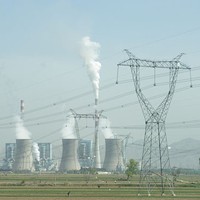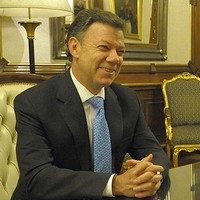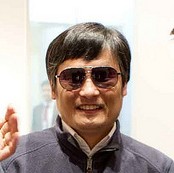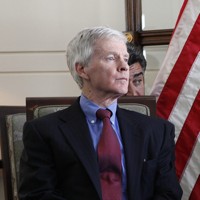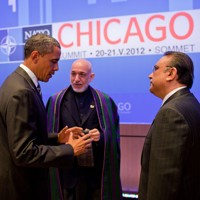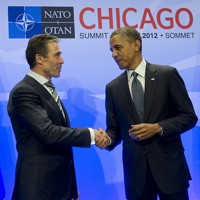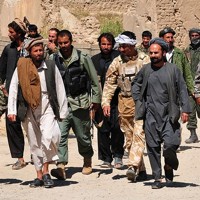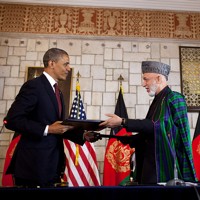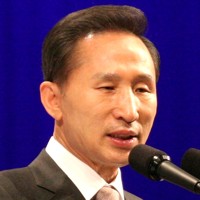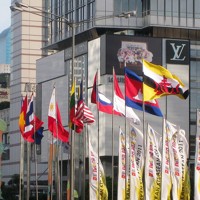
South Korea recently announced plans to open a diplomatic mission at the headquarters of the Association of Southeast Asian Nations (ASEAN) in Jakarta. In an email interview, David Arase, a professor of politics at Pomona College, discussed South Korea-ASEAN relations. WPR: What has brought about South Korea’s renewed interest in improving ties with ASEAN? David Arase: For South Korea’s future, ASEAN encompasses a region second only to Northeast Asia in geopolitical and economic importance. ASEAN is also a key agenda-setter in East Asian cooperation. So Korea is stepping up its diplomatic game with this important regional grouping. The ASEAN Plus […]

